



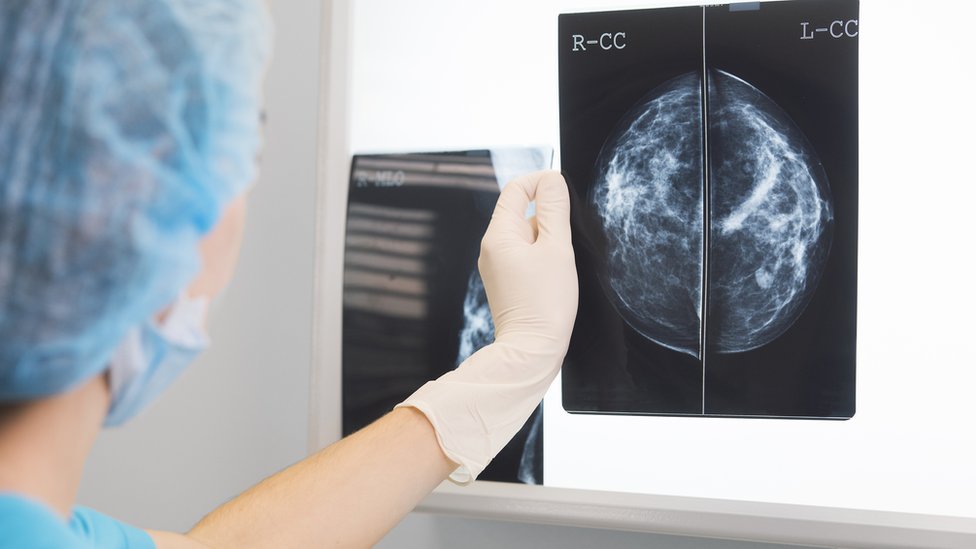
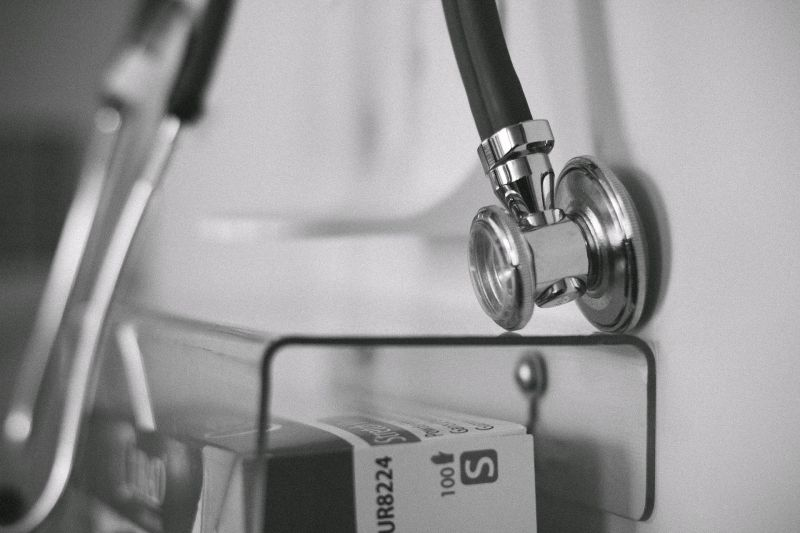
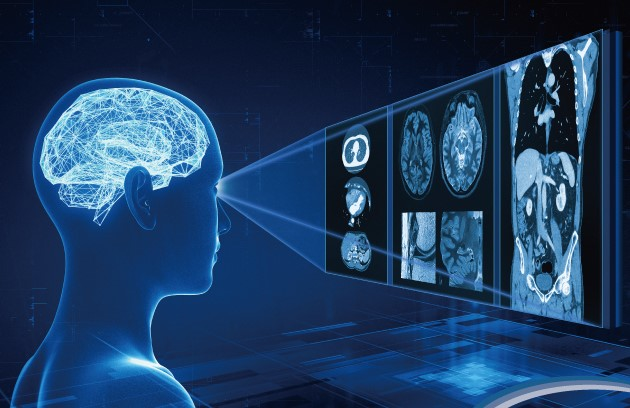
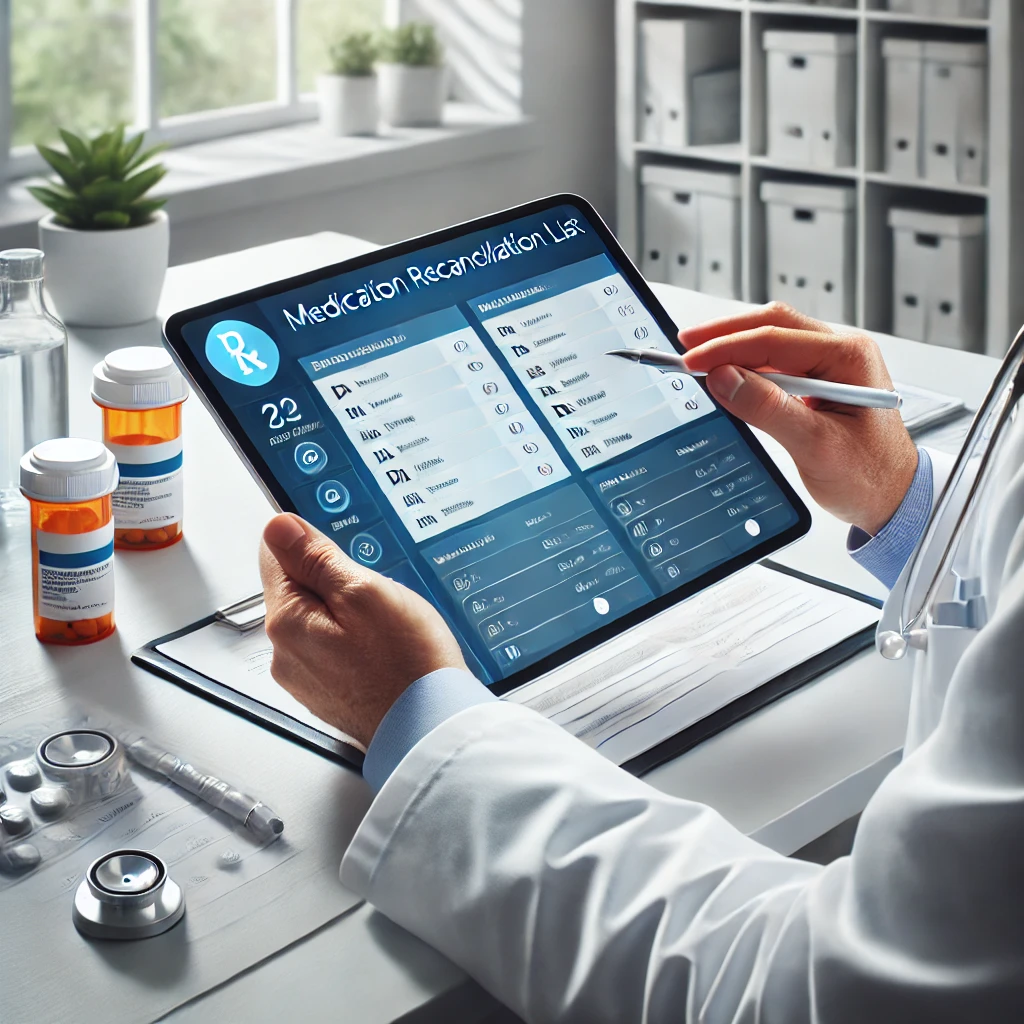
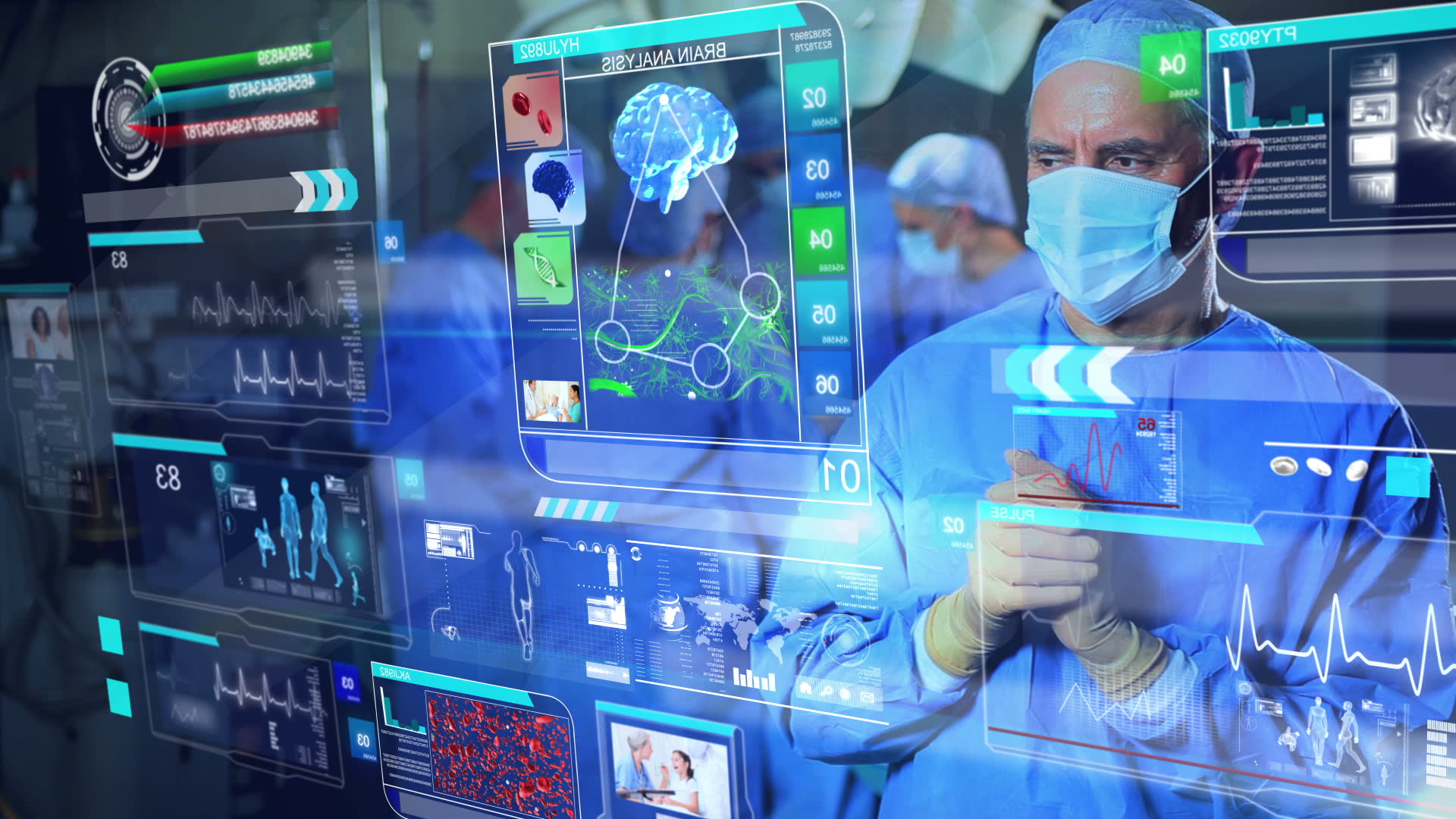


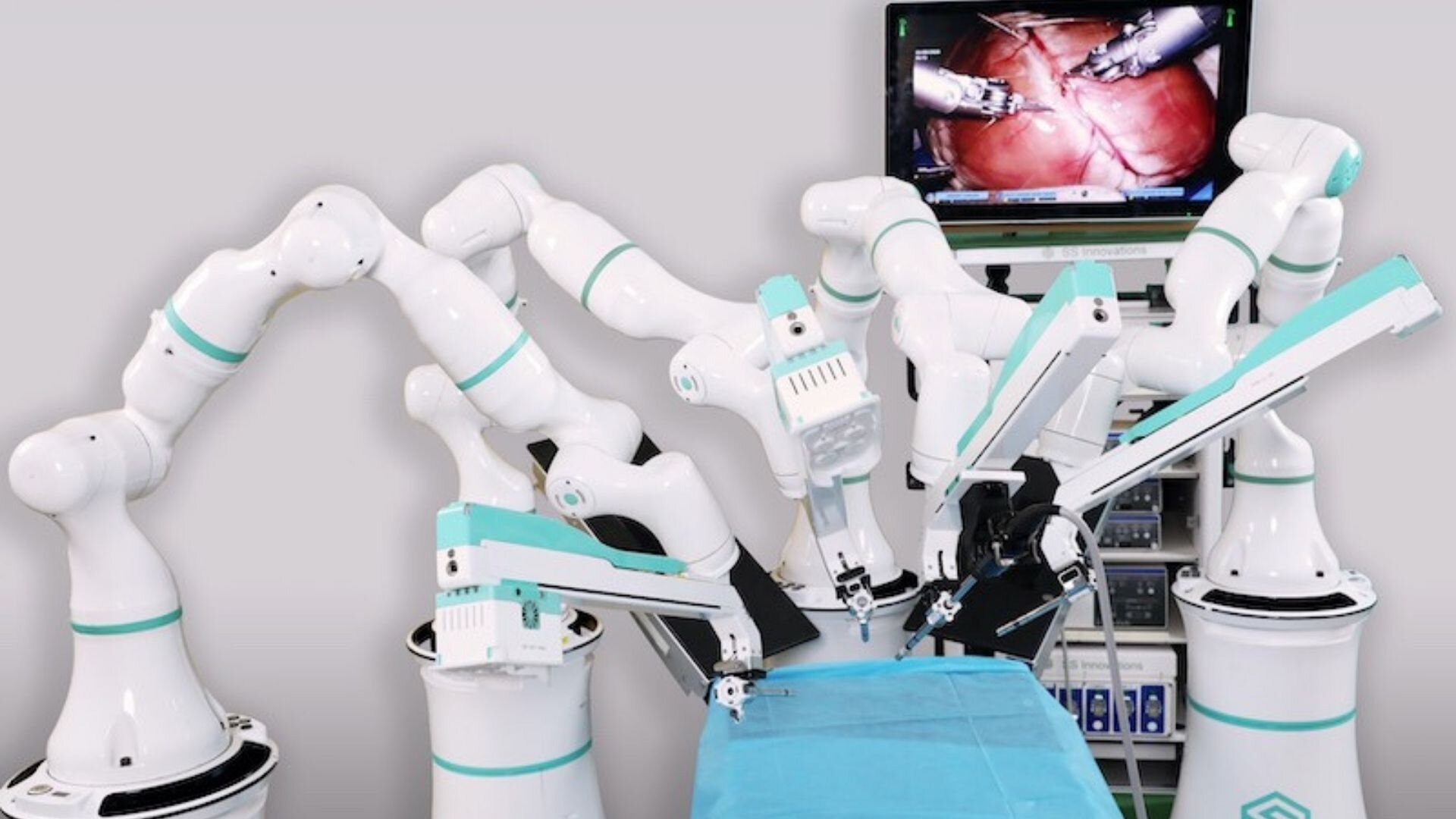

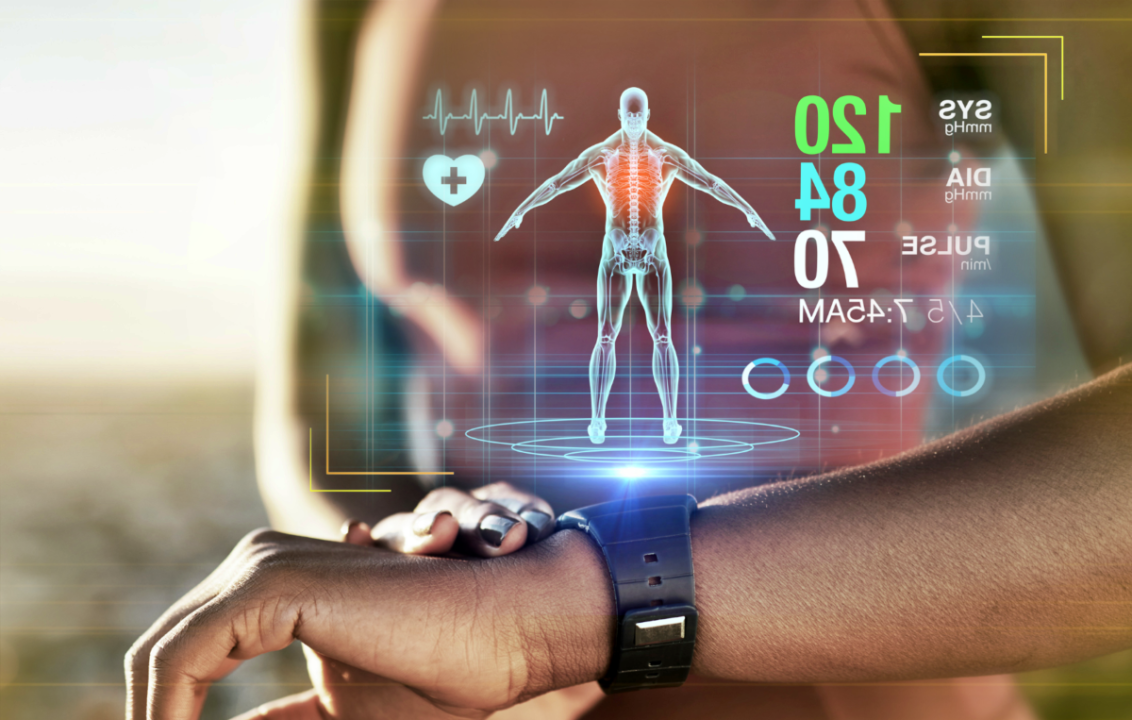
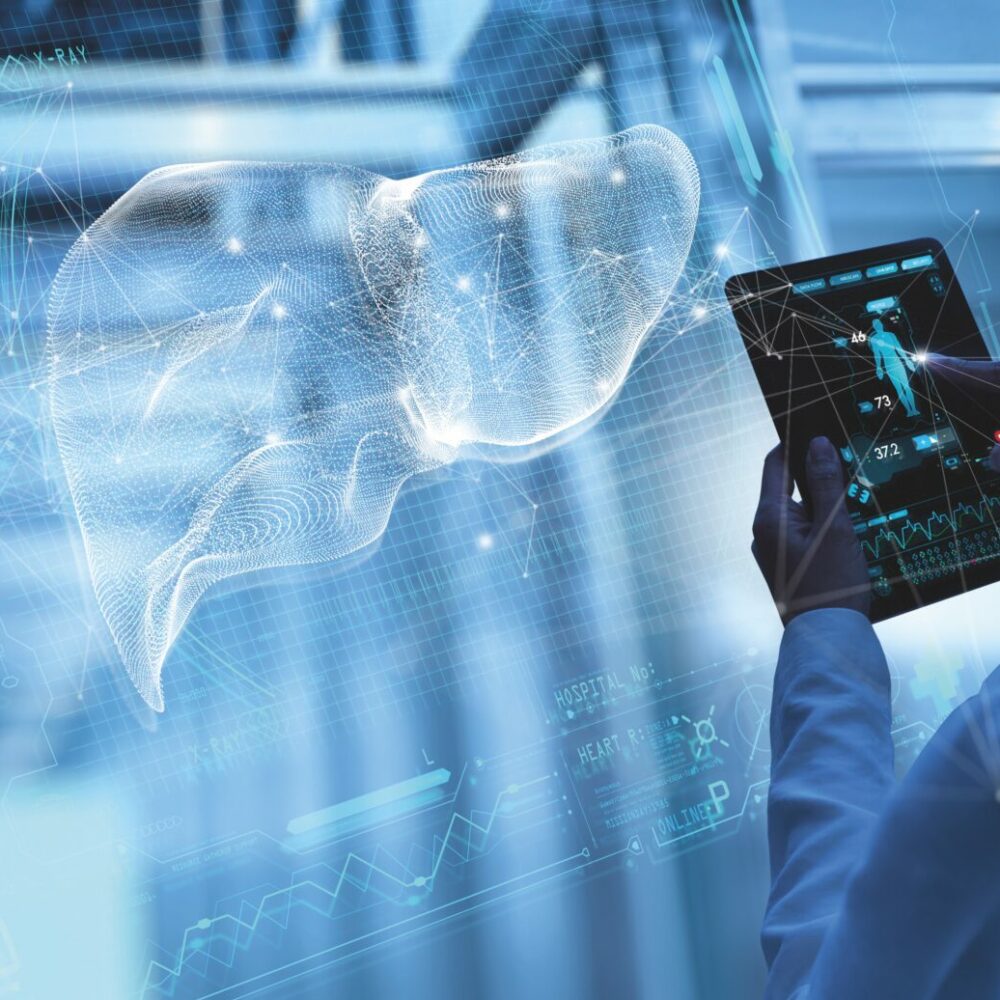

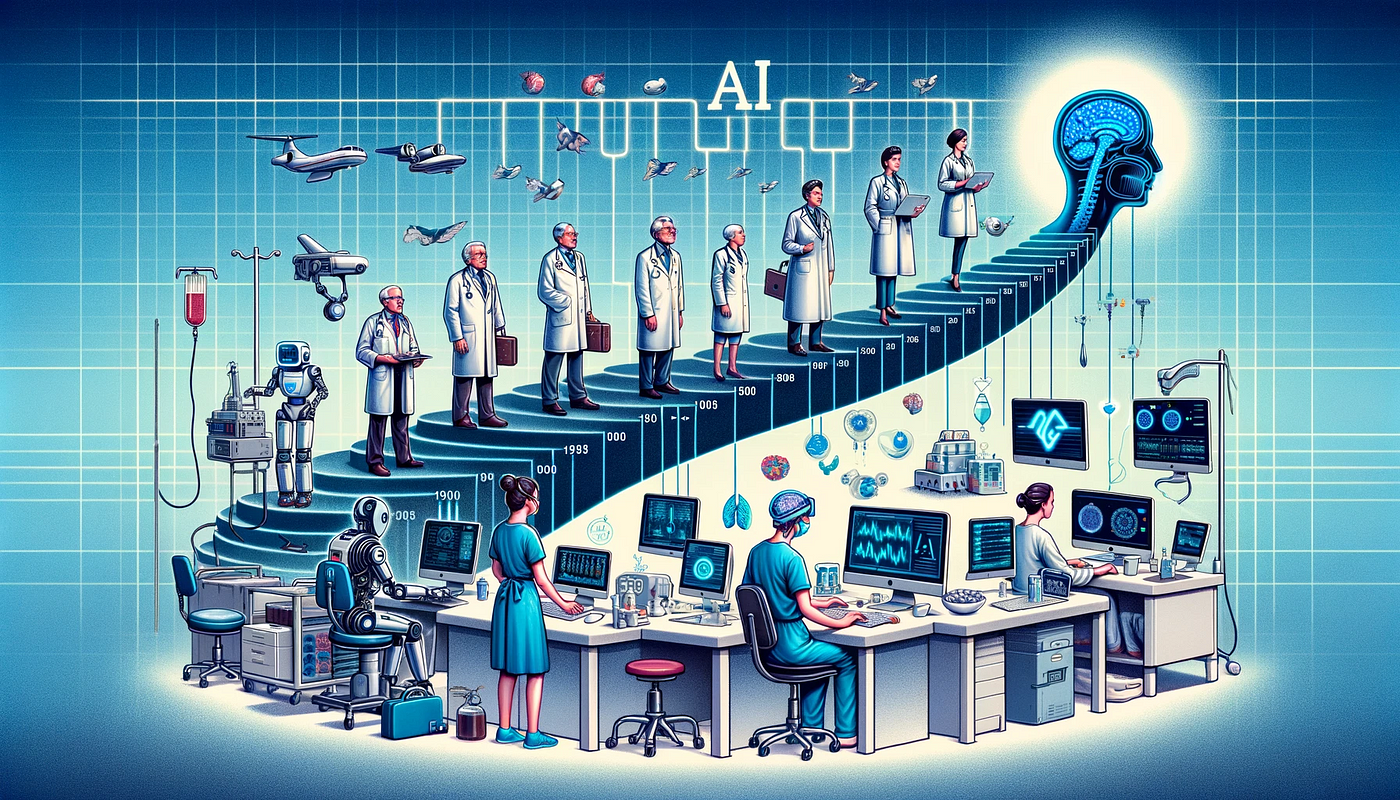
 The use of artificial intelligence (AI) in healthcare is advancing rapidly, reshaping how diagnoses are made and treatments are delivered. As of now, the FDA has cleared over 700 AI-powered algorithms, a milestone that reflects both the promise and complexity of this burgeoning field.
The use of artificial intelligence (AI) in healthcare is advancing rapidly, reshaping how diagnoses are made and treatments are delivered. As of now, the FDA has cleared over 700 AI-powered algorithms, a milestone that reflects both the promise and complexity of this burgeoning field.
Among the 700 cleared algorithms, radiology dominates, representing more than 76% of the approvals. This prevalence isn't surprising, as radiology relies heavily on image analysis, a task well-suited for AI. From detecting fractures to identifying early signs of cancer, AI systems have demonstrated remarkable capabilities in improving accuracy and efficiency.
While radiology is at the forefront, AI applications are expanding into other areas, such as cardiology, pathology, and emergency medicine. These tools assist healthcare providers in monitoring chronic conditions, predicting disease progression, and even guiding surgeries.
Despite its potential, the widespread adoption of AI in healthcare faces hurdles:
The milestone of 700 FDA-cleared algorithms marks a pivotal moment in AI-driven healthcare. To fully realize the benefits, stakeholders must address challenges collaboratively, focusing on transparency, interoperability, and continuous education for medical professionals.
As AI continues to evolve, its impact on healthcare will grow exponentially. Radiology's success serves as a blueprint for other specialties, illustrating the transformative power of technology when used responsibly and effectively.
AI's integration into healthcare is not just a technological advancement; it represents a paradigm shift in how medical professionals approach patient care. With more algorithms awaiting approval and new applications emerging daily, the healthcare industry stands on the brink of a smarter, more efficient future.
